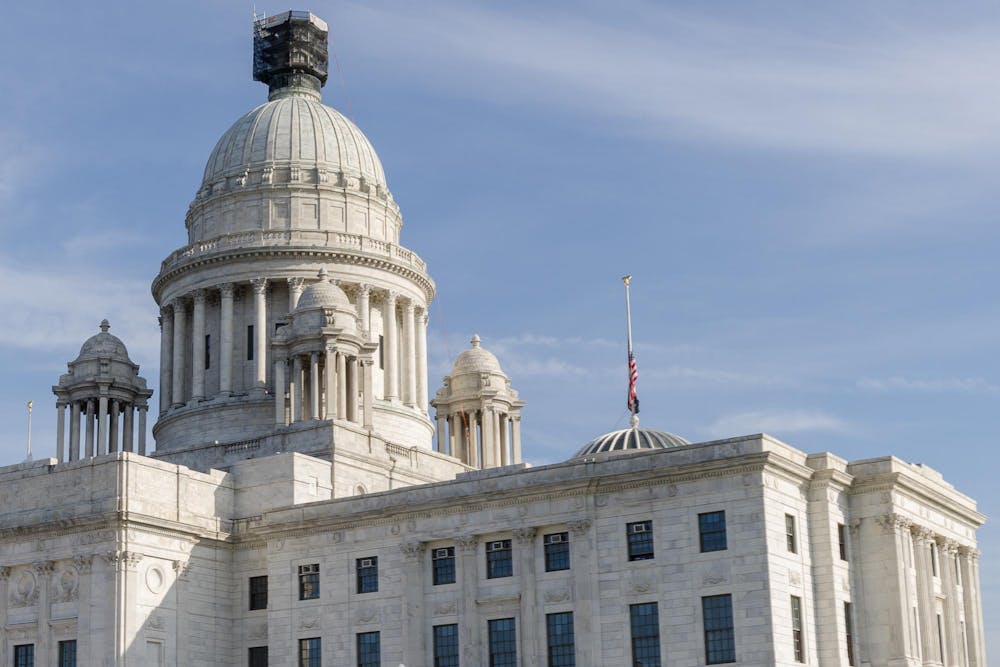In federal court filings on Tuesday, the attorneys general representing Rhode Island and 17 other states sued President Donald Trump to halt the enforcement of a Jan. 20 executive order that would end birthright citizenship for children of undocumented immigrants.
The order was one of dozens signed by the President on his first day in office and aimed to fulfill a longstanding, but controversial, campaign promise. If enacted, it would halt the government’s practice of automatically granting citizenship to children born on U.S. soil regardless of their parents’ immigration status. The order will not strip current U.S. citizens of their citizenship status.
In the Jan. 21 lawsuit, which was filed in federal court in Massachusetts, 18 state attorneys general argued that the executive order violates the 14th Amendment, which grants U.S. citizenship to “all persons born or naturalized in the United States, and subject to the jurisdiction thereof.” Attorneys general in four other states filed a separate lawsuit in a Washington federal court in an attempt to block the order.
The attorneys general asked a federal judge to block the implementation of the order and declare it unconstitutional. In asking for a temporary stay of the order, the plaintiffs wrote that children denied birthright citizenship under the order “may never be able to naturalize, nor to obtain citizenship from any other nation,” and would be ineligible for federal public benefits like student financial aid programs.
“On day one, President Trump moved to use executive power to effectively amend the Constitution in an unprecedented, but not unexpected manner,” Rhode Island Attorney General Peter Neronha said in a Tuesday press release announcing the lawsuit.
The clause has long been interpreted by all three branches of government to grant birthright citizenship without regard to parental immigration status, the attorneys general argued in the filings.
Under the order, children born in the United States to one undocumented parent and another parent who is not a citizen or lawful permanent resident would no longer become U.S. citizens at birth. Approximately 153,000 children were born to two noncitizen parents in 2022, according to an analysis cited in the lawsuit.
The Health Resources and Services Administration estimated in a 2024 report that 8,000 undocumented immigrants in Rhode Island are parents to U.S.-born children.
In the release, Neronha warned that the order would slash funding for federal welfare programs like Medicaid and burden state-administered social welfare programs.
“If allowed, this executive order will have far-reaching economic, social and human rights ramifications, the full extent of which we can’t know,” Neronha wrote.
A spokesperson for the White House did not respond to a request for comment in time for press.
Ethan Schenker is a university news editor covering staff and student labor. He is from Bethesda, MD, and plans to study International and Public Affairs and Economics. In his free time, he enjoys playing piano and clicking on New York Times notifications.





